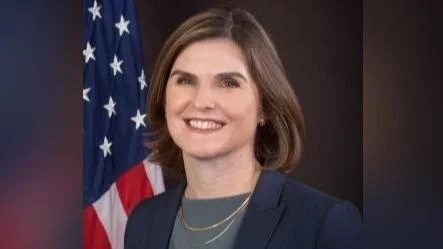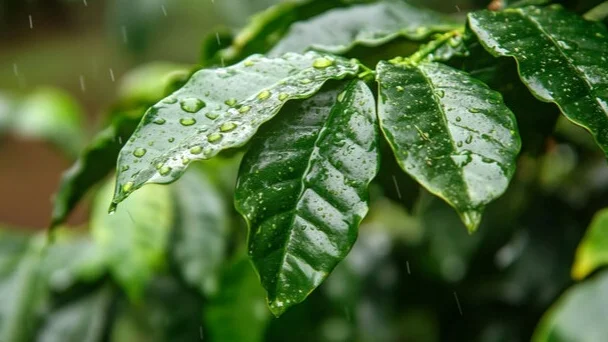As part of his ministry, Father James Boric, rector of the Baltimore Basilica, often visited a site near the Washington Monument to offer blessings. This location, now a 7-Eleven, was once a boarding house where the Ouija board received its name in 1890. According to a plaque inside the building, Charles Kennard and a woman friend asked the board for its name, which allegedly spelled out "O-U-I-J-A" and claimed it meant "good luck."
The Ouija board gained popularity in subsequent decades, with Baltimore becoming a center for its manufacturing. From 1890 to 1966, numerous factories in the city produced these boards.
Father Boric expressed concerns about using Ouija boards: “When you use a Ouija board, you’re really opening yourself up to something very dangerous.” He warned that it could invite harmful spiritual forces.
Father Brian Nolan shared similar experiences from his time as chaplain at a Maryland university. Students reported strange occurrences after using a Ouija board. After offering blessings, these activities ceased. “Sacramentals such as holy water and house blessings have great power,” Father Nolan stated.
Both priests emphasized that sacraments are essential for those involved with occult practices like using Ouija boards. Father Nolan highlighted confession's importance: “Confession reverses that [the effects of sin], where we humbly bring sins to light.”
Matthew D’Adamo recounted his own experience with the occult after encountering a Ouija board in his youth. Despite not practicing his faith then, he eventually sought guidance from a priest and returned to Catholicism.
The Catholic Church has historically opposed divination practices like those involving Ouija boards. The Catechism rejects all forms of divination as they seek knowledge outside of God.
William Fuld, who patented and promoted the Ouija board in Baltimore, died tragically in 1927 after falling from one of his factory roofs. Despite asking his children not to sell Ouija boards on his deathbed, the family business continued until it was sold to Parker Brothers in 1966; Hasbro now owns the trademark.
Father Boric advised against engaging with such practices: “My encouragement is to never be afraid of the devil... Stay close to the sacrament of confession.” If someone possesses Ouija boards at home, Father Nolan recommended they be destroyed or burned.
George P. Matysek Jr., managing editor of the Catholic Review in Baltimore's Archdiocese, contributed this report.
 Alerts Sign-up
Alerts Sign-up






